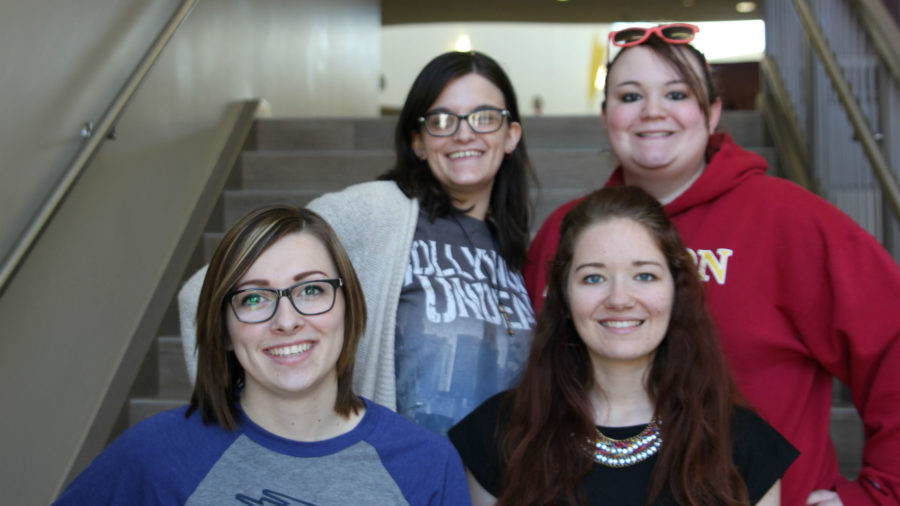Students, faculty to participate in SELF-confidence walk
April 8, 2016
SELF will host the SELF-Confidence Walk at 10 a.m. Saturday at Bill Buxton Stadium.
The walk will end around 11:30 a.m.
SELF, which is an acronym for Strong, Excellent, Loving and Fearless, is a group at Simpson College that aims to make the campus a safe space for body image, weight and identity.
Lauren Myers is a co-executive for the SELF group and also a member of SARA.
“Our SELF-Confidence Walk is about promoting self-esteem and positive body image,” Myers said. “We want our campus to realize that nobody is alone in their search for confidence.”
In America alone, 20 million women and 10 million men suffer from a significant eating disorder at some time in their life. These eating disorders are typically a result of individuals struggling with body dissatisfaction and sub-clinical disordered eating attitudes and behaviors.
“Young women and an increasing number of guys face intense pressure to conform to an ideal that blatantly rejects the diversity of who we really are,” Myers said.
Originally, eating disorders were thought to affect only a small portion of the population in the young adult age range. With more studies about eating disorders surfacing, it’s been concluded that anyone is susceptible to this growing issue.
“As a college student who has suffered from an eating disorder, I’ve noticed that college campuses provide many channels for mental health education, prevention and intervention,” Myers said. “Opportunities for students to express concern, and be an aid for students in getting appropriate care, have risen dramatically.”
Simpson College has many groups and areas that students can go to for support such as the SELF group, the counseling services offices in the Kent Campus Center and SARA.
Eating disorders can create severe health issues that result in death in some extreme cases. When the body starves, it will slow down all bodily functions to conserve energy.
This instinctive form of self-preservation results in issues like muscle loss and weakness, reduction in bone density and severe dehydration along with many other dangerous problems.
Eating disorders do not only affect the body but the brain as well. There is a high link between eating disorders and psychiatric disorders.
People who suffer from eating disorders are four times more likely to abuse alcohol and other substances. The risk of depression and obsessive-compulsive disorder are also elevated substantially.
“Confidence is just one word of more than one million in the English language,” Myers said. “But we believe it’s one of the most important words we have. Without it, getting through even the simplest of tasks can be a struggle. With it, anything is possible.”
For more statistics, information and facts about eating disorders and how you can become involved, visit http://www.nationaleatingdisorders.org.






